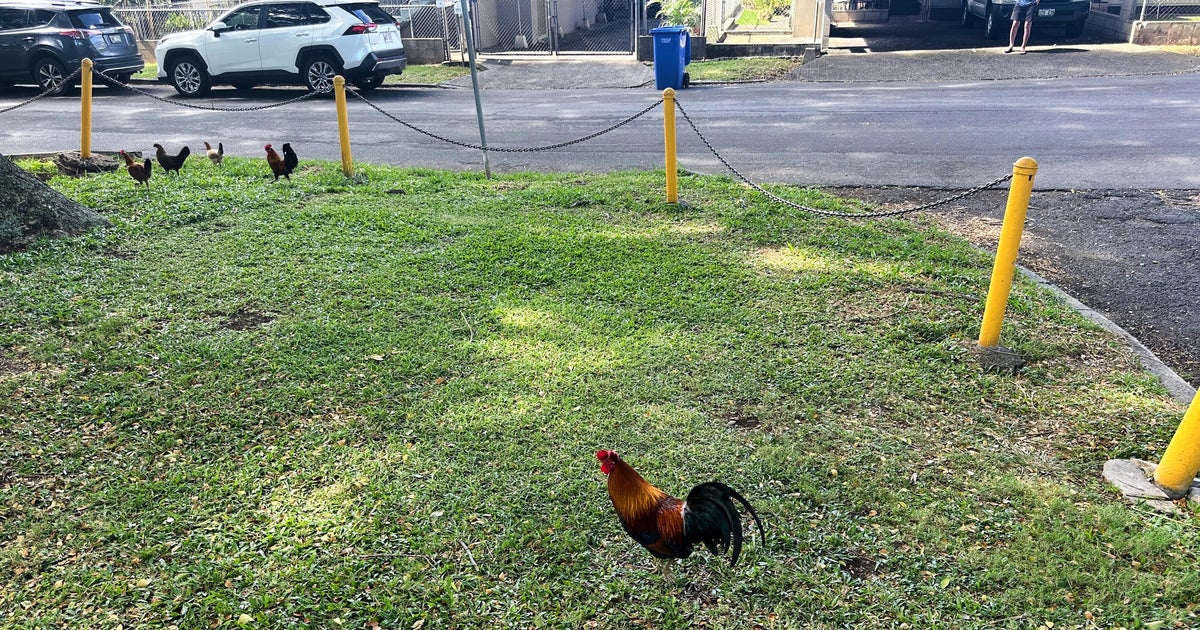Pfizer asks FDA to OK fourth dose of COVID vaccine for seniors
Pfizer and BioNTech have asked the Food and Drug Administration to greenlight a fourth dose of their COVID-19 vaccine for Americans 65 and older, the companies announced Tuesday, citing data from Israel suggesting that the additional booster could curb infections and severe illness in the highest-risk age group.
"Right now, the way that we have seen, it is necessary, a fourth booster right now," Pfizer CEO Albert Bourla told "Face the Nation" in an interview that aired Sunday.
In a release on Tuesday, Pfizer and BioNTech pointed to an array of recently published studies as early evidence suggesting "that effectiveness against both symptomatic COVID-19 and severe disease caused by Omicron wanes 3 to 6 months after receipt of an initial booster."
"The protection that you are getting from the third, it is good enough, actually quite good for hospitalizations and deaths. It's not that good against infections," Bourla had said.
However, the companies say they have not formally submitted those studies for the FDA to consider. Instead, Pfizer and BioNTech said their request was based on "two real-world data sets from Israel analyzed at a time when the Omicron variant was widely circulating."
The companies say the additional booster for seniors should improve protection if given at least four months after their first booster.
In an analysis of records from the Israeli Ministry of Health, Pfizer and BioNTech say that rates of severe illness from COVID-19 "were 4 times lower" among people who got their second booster on that timeline.
Israel was one of the first countries to roll out fourth doses to vulnerable populations over the winter, as Omicron variant cases began to surge around the world.
The companies also say they studied antibodies drawn from 154 participants of a clinical trial in Israel who also got the additional dose on the same timeframe. Compared to antibodies drawn from people months after their initial booster, Pfizer and BioNTech say they saw a "10-fold increase in neutralizing antibodies" two weeks after the additional booster.
In a statement, FDA spokesperson Abby Capobianco said the agency had received the request and planned to review it "as expeditiously as possible using our thorough and science based approach."
The FDA also plans to convene a meeting of its outside panel of vaccine experts next month, Capobianco said, "to have a transparent discussion about considerations for 2022 booster shots, including whether and when those boosters may be needed and for which populations, based on the available data and latest science on circulating or emerging virus variants."
If soon authorized by the FDA and recommended by the Centers for Disease Control and Prevention, Pfizer and BioNTech's request could accelerate a round of booster shots federal health officials had said they hoped might not be needed until the fall season, when many Americans get their routine influenza shots.
"The hope would be that after our third shots we're able to get enough time out of them that we end up on essentially a yearly COVID-19 booster," Dr. Peter Marks, the FDA's top vaccines official, told an event hosted by the University of California San Francisco and Stanford University in January.
Executives at Moderna had echoed that timeline, telling investors last month they were racing to gather data on new COVID-19 vaccines for regulators to greenlight ahead of a potential "fall booster season."
Federal officials have also suggested it was possible only some vulnerable groups could be recommended to receive the fourth dose.
While data published by the CDC through January suggest rates of COVID-19 hospitalizations and deaths were lower among seniors with a booster, compared to the unvaccinated or those with only their primary, rates among all groups climbed during the Omicron wave to their highest levels in months.
"It very likely will take into account what subset of people have a diminished, or not, protection against the important parameters such as hospitalization," Dr. Anthony Fauci, the president's chief medical adviser, told reporters last month.
It is unclear if the Biden administration will be able to afford enough fourth doses. With a funding request stalled on Capitol Hill, the White House warned Tuesday that it would run out of money to buy future supplies of booster shots.
At least 16.5 million Americans 65 and older have received a booster shot four months ago and could be eligible for the additional booster, according to CDC data.
"On the fourth shot, we have enough now for immunocompromised individuals who need to seek a fourth shot. What we don't have the funding for is if all Americans were needed to get an additional dose, we would need additional funding from Congress," a senior administration official told reporters.



